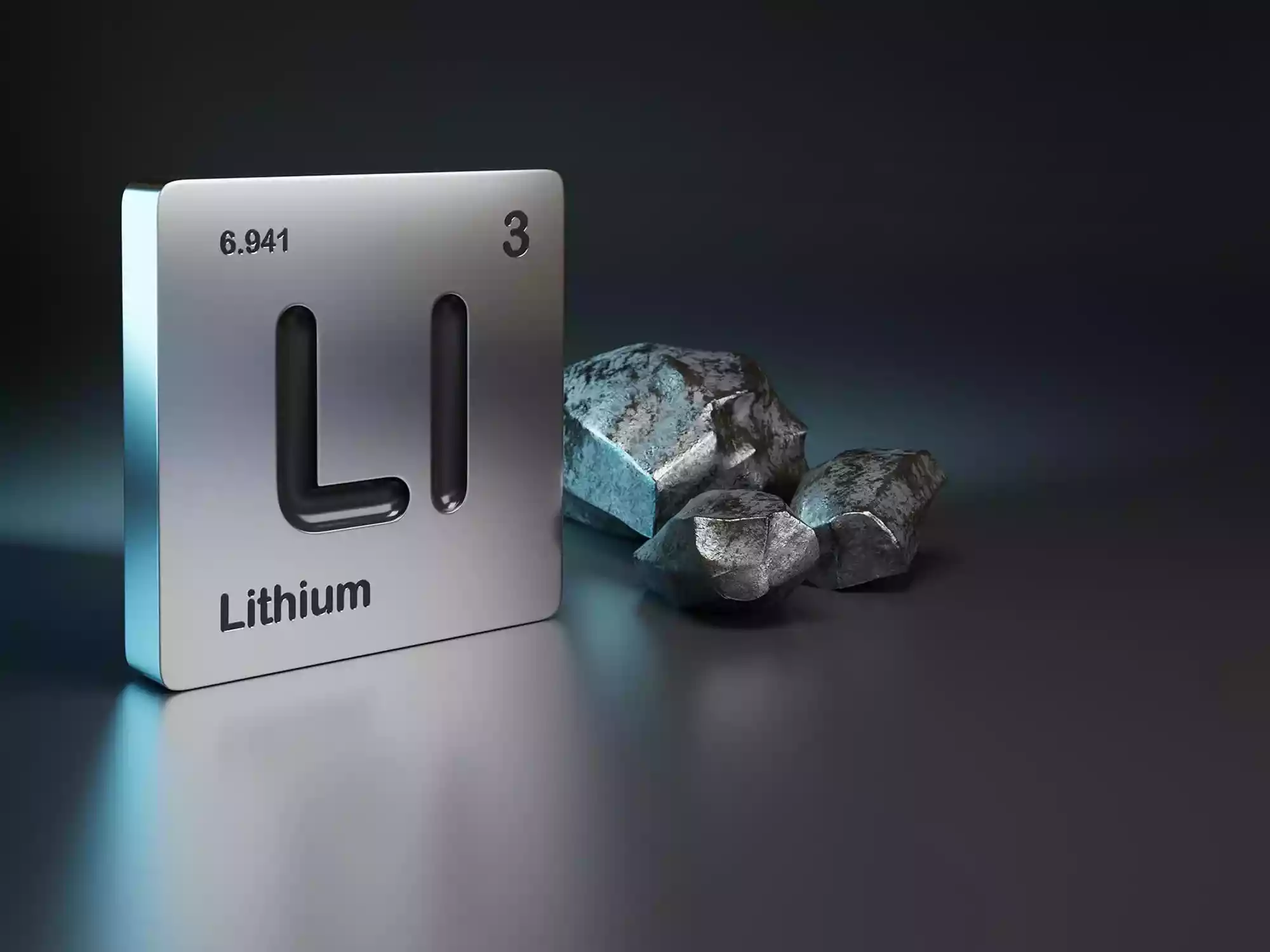
A powerful network of lithium smuggling syndicates has been exposed in Zimbabwe, with producers, freightliners and corrupt border officials implicated in the illicit exportation of one of the world’s most sought after minerals, according to a new report by Veritas.
In an analysis, the think tank warned despite blanket bans on the shipment of unprocessed lithium to global markets, the mineral continues to slip into Asian economies through clandestine routes, aided by collusion between mining firms and poorly paid customs officers.
“Available evidence points to collusion between miners, transporters, freight and shipping agents and border officials,” Veritas said in its report.
“The miners involved … falsify documents of goods being shipped, and often customs officers and agents at the borders turn a blind eye and allow the shipments to pass through to their destination,” the paper claimed.
“Customs officers are not well paid – most civil servants earn on average US$300 a month – so they are easy targets for bribes by companies that are seeking to make maximum profits.”
Veritas’ revelations, coming as Zimbabwe battles to position itself as a global player in the green energy transition, underline the scale of economic haemorrhage caused by porous borders and weak enforcement not only in Zimbabwe but across the resource rich continent.
The Zimbabwe National Chamber of Commerce estimates that smuggling costs the economy US$2,2 billion annually, wiping out about 18 000 jobs.
Lithium is only part of a broader looting ecosystem threatening the country.
- Lobby group bemoans impact of graft on women
- Corruption watch: Rogue cops: Blame it on the bosses
- DJ Ladyg2 fights stereotype in showbiz
- Corruption watch: Who is benefitting from the Pomona sham deal?
Keep Reading
The India-based Journal of Risk and Financial Management revealed on Friday that 23 shell companies registered in Zimbabwe and South Africa laundered US$450 million through misinvoicing and cryptocurrency layering – a new scourge undermining the region’s economies.
The findings were based on a study which deployed an Artificial Intelligence (AI) system called FALCON to mine 1,8 million transactions from the South African Financial Intelligence Centre, the Reserve Bank of Zimbabwe and SWIFT.
It concluded that the South Africa–Zimbabwe corridor alone is losing about US$3,1 billion a year to illicit financial flows, much of it tied to mineral smuggling.
Veritas said smugglers falsify shipping documents and bribe officials at exit points where scanners are either absent or dysfunctional.
“Some miners, however, have continued to export raw lithium by presenting false declarations at ports of exit, as unearthed by a recent Global Press Journal report,” Veritas added.
“Zimbabwe continues to lose millions of dollars…despite the government imposing a ban on the export of raw lithium in 2022.
“The ban, which was imposed by SI 213 of 2022, was intended to push miners to process lithium domestically so that the country could earn more by exporting processed ore.
“In 2023 the ban was extended to cover all other base minerals. In June this year, following a Cabinet meeting, the minister of Mines and Mining Development announced a new policy under which the export of lithium concentrates would be banned from January 2027.”
The new policy was announced in a post-cabinet press briefing by the Minister of Mines in June.
“These measures are inadequate,” Veritas argued.
“They have not dealt decisively with smugglers.
“Smuggling raw lithium remains a profitable activity because a lack of electronic scanning machines at the country’s borders makes it difficult to detect, and the smugglers who are detected are not severely punished.”
Since the 2022 ban, authorities have insisted that all output be processed locally, but currently there are no final refineries in the country. Yet smugglers have continued to ship raw lithium, undermining the policy.
Between 2019 and 2024, smuggling accounted for nearly US$920 million in illicit proceeds, according to the Financial Intelligence Unit.
When combined with corruption, tax evasion and fraud, Zimbabwe may have lost US$6,15 billion in five years — around 3,4% of its gross domestic product.
Economist Eddie Cross said last week leakages from smuggling and under-declared imports were crippling service delivery.
“The amount of money involved is equal to the total budget for education,” Cross warned.
He said customs and excise collections were “ridiculously low” despite ballooning imports of fuel and vehicles, while as much as 80% of gold revenues were being externalised.
“If we were able to double expenditure on education or health, it would have a dramatic impact on national well-being,” he said.
Cross added unchecked illicit flows were a major reason why Zimbabwe remained stuck in slow growth despite its vast mineral wealth.
Veritas urged authorities to back technology with deterrent punishments.
“It recommended stiffer sentences for smugglers, automatic withdrawal of mining licences for convicted firms, better remuneration for border staff, and investment in scanners and electronic tracking.
“Zero tolerance to corruption” must shift from rhetoric to enforcement, the think tank said, warning that without decisive action Zimbabwe’s minerals will continue to enrich cartels and foreign corporations at the expense of its citizens.










